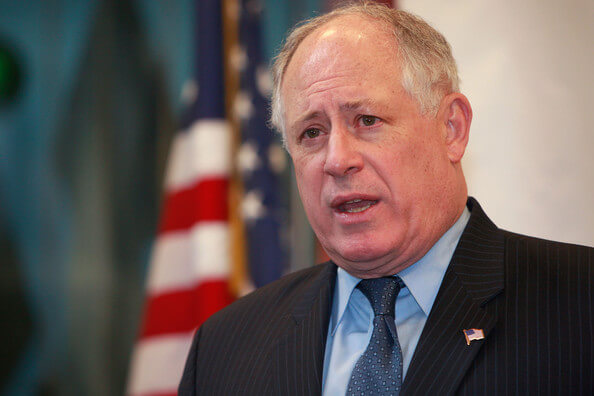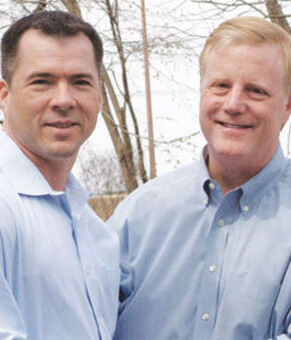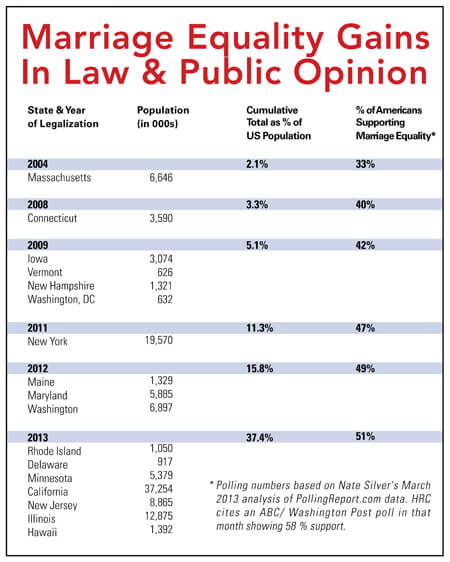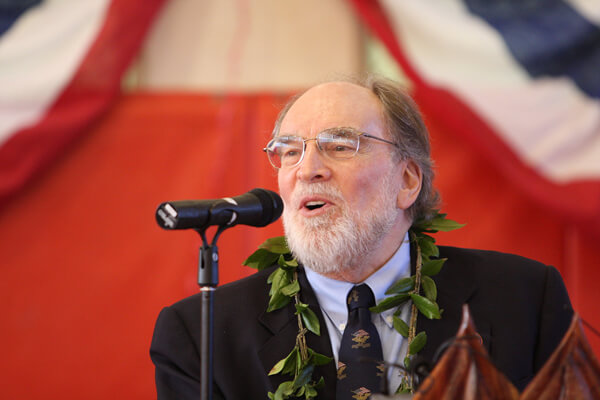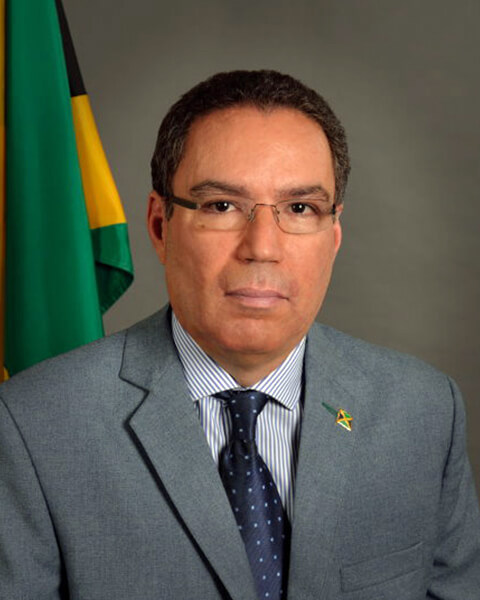Illinois Governor Pat Quinn has pledged to sign a marriage equality law.
The Illinois State Senate voted to approve the Religious Freedom and Marriage Equality Act by a 34-21 vote on February 14. The historic bill, which advocates had attempted to push through the previous Senate’s lame-duck session in January, changes the definition of marriage “in state law from an act between a man and a woman to two people,” according to the Chicago Tribune.
Debate over the bill met with spirited dissent, with some state senators arguing against marriage equality based on concerns about religious freedom. The bill, however, would not require churches or their clergy to perform gay marriages, though there was debate over whether public accommodations law would require churches that rent out space to the public for wedding receptions to make such space equally available for gay and lesbian receptions.
“It is time for Illinois to remove the ‘second-class status’ of gay and lesbian couples,” said Senator Heather Steans, a Chicago Democrat and the bill’s sponsor, according to the Tribune. Civil unions have been available to same-sex couples in Illinois since 2011.
Now the bill must be passed by the Illinois House, a hurdle that LGBT groups and their supporters do not seem worried about. State Representative Greg Harris, also a Chicago Democrat and the lead sponsor in his chamber, “predicted the measure would pass the House but would not commit to a timetable on when he would seek the vote,” according to the Chicago Sun-Times.
Governor Pat Quinn, a Democrat, has already committed to signing the law if it is placed before him.
Windy City Times, Chicago’s gay newspaper, was upbeat about prospects for success, reporting, “LGBT groups have said that the bill could be on Governor Quinn’s desk by the end of the month.”
If the bill passes, Illinois will be the tenth state to legalize gay marriage, which is also available in Washington, DC.

